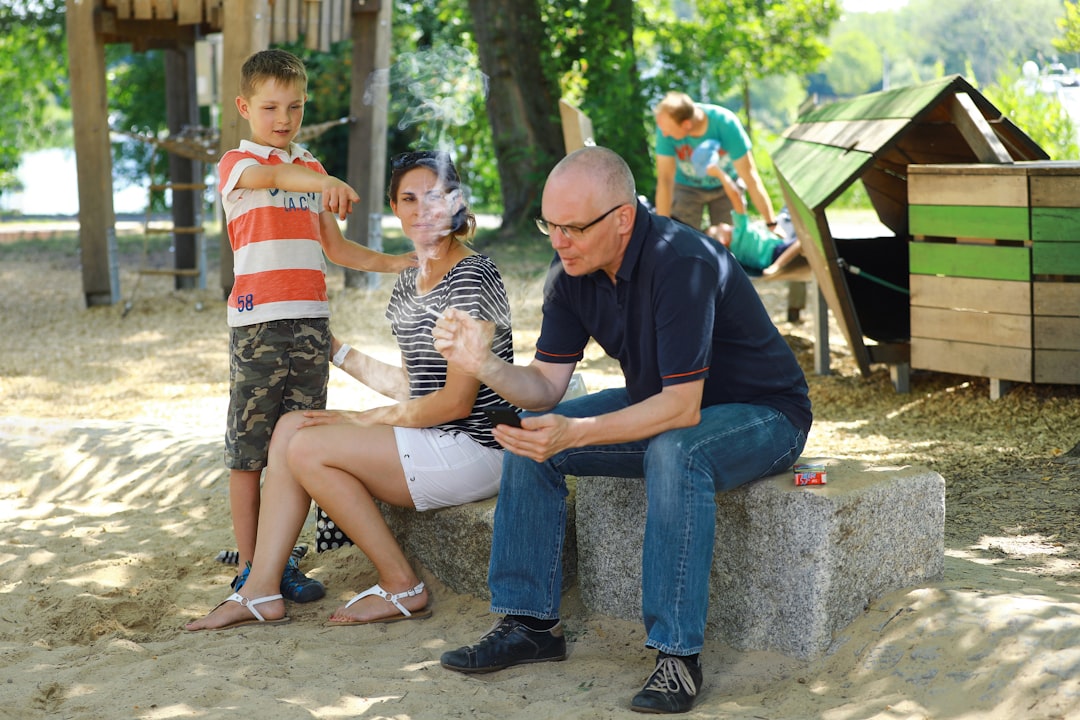Winter break is a time for children to relax, have fun, and spend time with family. However, for some children, it can also be a time of increased anxiety and stress. The change in routine, the excitement of the holidays, and the pressure to be happy and cheerful can all contribute to feelings of anxiety in children. As a parent or caregiver, it’s important to recognize and address these feelings in order to help your child have a happy and stress-free winter break.
In this article, we’ll discuss the causes of holiday anxiety in children and provide tips on how to help them cope.
Understanding Holiday Anxiety in Children
The Pressure to be Happy and Cheerful
The holiday season is often portrayed as a time of joy and happiness, but for some children, this can create a sense of pressure to be happy and cheerful all the time. This pressure can be overwhelming and can lead to feelings of anxiety and stress.
Changes in Routine
The holiday season often brings changes in routine, such as a break from school, travel, or visits from family and friends. While these changes can be exciting, they can also disrupt a child’s sense of stability and security. This can be especially challenging for children who thrive on routine and structure.
Financial Stress
The holidays can also bring financial stress for families. Children may pick up on this stress and worry about the financial burden of gift-giving or the possibility of not receiving the gifts they want. This can lead to feelings of anxiety and guilt.
Family Dynamics
The holidays can also bring together family members who may not see each other often. This can create tension and conflict, which can be difficult for children to navigate. They may feel caught in the middle or worry about pleasing everyone, leading to feelings of anxiety.
Tips for Helping Children Cope with Holiday Anxiety
Communicate Openly and Honestly
The first step in helping your child cope with holiday anxiety is to communicate openly and honestly. Let them know that it’s normal to feel anxious or stressed during the holidays and that you are there to support them. Encourage them to share their feelings and listen without judgment.
Stick to a Routine
While it may be tempting to let go of routines during the holidays, it’s important to maintain some sense of structure for your child. This can help them feel more secure and in control. Try to stick to regular meal times, bedtimes, and other daily routines as much as possible.
Manage Expectations
Talk to your child about their expectations for the holidays and manage them accordingly. Let them know that it’s okay if things don’t go exactly as planned and that the most important thing is spending time together as a family. This can help alleviate some of the pressure to have a perfect holiday.
Involve Your Child in Holiday Planning
Involve your child in holiday planning and preparations. This can give them a sense of control and ownership over the holiday, which can help reduce feelings of anxiety. Let them help with decorating, baking, or choosing gifts for family members.
Practice Mindfulness and Relaxation Techniques
Teach your child mindfulness and relaxation techniques to help them cope with feelings of anxiety. This can include deep breathing exercises, visualization, or yoga. Encourage them to take breaks when they feel overwhelmed and engage in activities that help them relax.
Limit Screen Time
The holiday season often brings an influx of new toys and gadgets, which can lead to increased screen time for children. However, excessive screen time can contribute to feelings of anxiety and stress. Set limits on screen time and encourage your child to engage in other activities, such as playing outside or reading a book.
Be Mindful of Your Own Stress Levels
As a parent or caregiver, it’s important to be mindful of your own stress levels during the holidays. Children are highly attuned to their parents’ emotions, and if you are feeling stressed or anxious, they may pick up on it. Take care of yourself and practice self-care to ensure you are in a good place to support your child.
When to Seek Professional Help
In some cases, holiday anxiety in children may be more severe and require professional help. If your child’s anxiety is interfering with their daily life or causing significant distress, it may be time to seek help from a mental health professional. Signs to look out for include:
- Refusal to participate in holiday activities
- Changes in eating or sleeping habits
- Frequent physical complaints, such as stomachaches or headaches
- Difficulty concentrating
- Withdrawal from family and friends
- Excessive worry or fear
If you notice any of these signs in your child, it’s important to seek help from a therapist or counselor who specializes in working with children.
Conclusion
The holiday season can be a time of joy and happiness, but it can also bring feelings of anxiety and stress for children. As a parent or caregiver, it’s important to recognize and address these feelings in order to help your child have a happy and stress-free winter break. By communicating openly, maintaining routines, managing expectations, and practicing self-care, you can help your child cope with holiday anxiety and enjoy the holiday season to the fullest.
[wpforms id=”75″]





